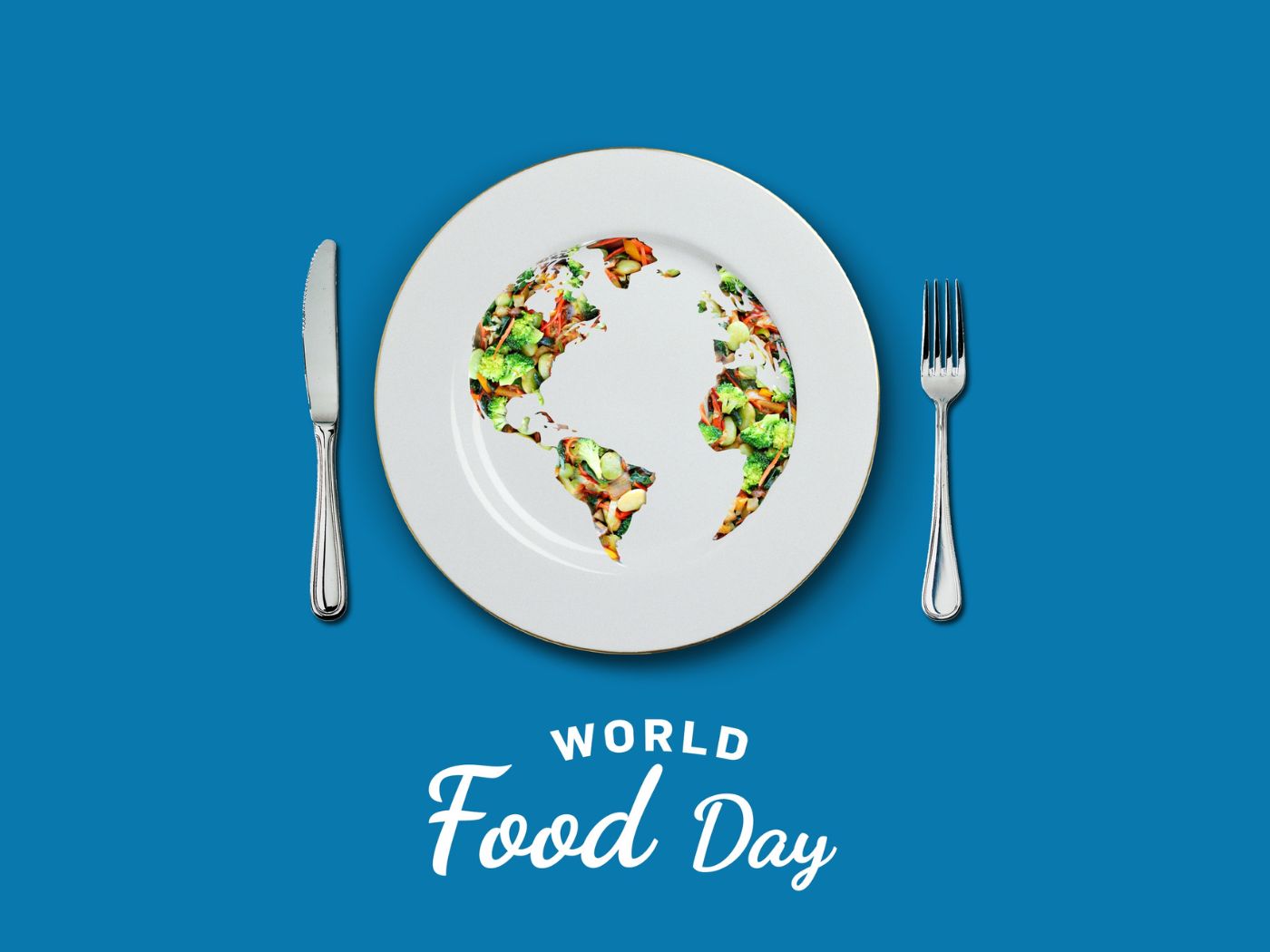Welcome to the year 2023, where the pace of life continues to accelerate, bringing with it a host of opportunities and challenges. In this fast-paced world, stress has become an unwelcome companion for many. However, the good news is that effective stress management strategies are readily available. In this comprehensive guide, we'll delve into - Balancing life and stress: Strategies for 2023. These strategies encompass various aspects of life, from mindfulness and exercise to nutrition and relaxation techniques. Let's explore these keys to a more stress-free year.
7 Effective Strategies For Stress Management in 2023
Mindfulness and Meditation
These two have gained significant recognition as potent stress relief techniques. In a world filled with constant distractions and information overload, mindfulness offers a pathway to inner peace and mental clarity.
Mindfulness involves being fully present in the moment, acknowledging your thoughts and emotions without judgement, and finding serenity amid life's chaos. Research has shown that regular mindfulness practice can offer stress reduction, anxiety management, and even treating symptoms of depression. To incorporate mindfulness into your daily routine, consider starting your day with some mindfulness techniques or meditation sessions. You'll be amazed at the calming effects it can have on your mind.
This is the reason why mindfulness works as one of the best strategies for mental wellness and stress management in 2023
Physical Activity and Exercise
In our increasingly sedentary lifestyles, physical activity and exercise remain crucial for stress reduction. Exercise triggers the release of endorphins, the body's natural mood lifters, which can counteract stress and offer anxiety management.
Regular physical activity is not just about physical health; it's also a powerful tool for enhancing mental well-being. Whether it's a morning jog, a yoga session, or even a dance class, finding an activity you enjoy can work as great stress relief techniques. Additionally, consider introducing Saffola Fittify Peanut Butter into your diet. This protein-packed spread fuels your workouts and contributes to your overall well-being, providing a tasty and nutritious boost to your day.
Healthy Diet and Nutrition
Your diet and nutrition play a pivotal role in managing stress. What you eat can significantly affect your mood, energy levels, and ability to cope with stress.
Opt for a balanced diet rich in whole grains, lean proteins, fruits, vegetables, and healthy fats. Protein, in particular, is essential for stabilising blood sugar levels and sustaining energy throughout the day. Including nutritious options like Saffola Fittify Peanut Butter in your meals can provide a satisfying and protein-rich start to your day, helping you maintain steady energy levels.
Adequate Sleep
Adequate sleep is a cornerstone of stress reduction and anxiety management. In 2023, prioritise getting the rest your body needs to recover and rejuvenate.
Quality sleep is when your body and mind undergo essential processes of repair and regeneration. It's during these hours that your brain consolidates memories and processes emotions, crucial for stress management. Establishing a calming bedtime routine is key to signalling to your body that it's time to unwind. Ensure your sleep environment is conducive to rest, with a dark, quiet, and comfortable setting. Aim for 7-9 hours of restful sleep each night to optimise your stress-coping abilities.
Time Management and Prioritisation
Balancing life and stress necessitates effective time management. The demands of modern life can often feel never-ending, but by prioritising tasks, setting realistic goals, and learning to delegate, you can regain a sense of control.
Breaking your day into manageable segments and focusing on one task at a time can be remarkably effective. Multitasking, while often seen as a skill, can actually elevate stress levels as it divides your attention and can lead to decreased productivity. Instead, use tools like calendars and to-do lists to stay organised and on top of your responsibilities. Time management isn't just about doing more; it's about doing what matters most efficiently.
Social Support and Connection
Human connection is a potent antidote to stress. Social support provides emotional relief and a sense of belonging, enabling you to embrace life's challenges with greater resilience.
Dedicating time to nurturing your relationships is an investment in your well-being. Spend quality moments with loved ones, reach out to friends, or consider joining support groups that align with your interests or challenges. Sharing your thoughts and feelings can be incredibly therapeutic, and your support network can offer valuable insights and comfort.
Relaxation Techniques
Incorporate various stress relief techniques into your daily routine to counteract feelings of worry. These techniques can help you unwind, find inner peace, and regain a sense of control over your thoughts and emotions.
Practices such as deep breathing exercises, progressive muscle relaxation, and visualisation can be highly effective. Allocate time each day for relaxation, even if it's just a few minutes. It doesn't need to be elaborate; a brief period of deep breathing or a warm bath can work wonders. Discover which relaxation techniques resonate with you and make them a non-negotiable part of balancing life and stress: strategies for 2023.
Conclusion
As you step into 2023, remember that effective stress reduction is not merely a luxury; it's a necessity for your overall well-being. These seven strategies—mindfulness and meditation, physical activity and exercise, healthy diet and nutrition, adequate sleep, time management and prioritisation, social support and connection, and relaxation techniques—are your compass on the journey to finding balance, reducing stress, and achieving mental wellness.
Stress is an inevitable part of life, but how you respond to it is within your control. Embrace these strategies, integrate them into your daily routine, and step confidently into 2023 with resilience, tranquillity, and a renewed sense of control over your life and well-being. With these techniques in your arsenal, you can thrive, no matter what challenges the year may bring.
FAQs
-
Are there any foods or supplements that specifically help manage stress?
Yes, certain foods and supplements can offer stress reduction and anxiety management. Foods rich in magnesium (like leafy greens and nuts) can relax muscles and reduce tension. Omega-3 fatty acids in fatty fish may improve mood. Herbal supplements like ashwagandha and chamomile tea can promote relaxation. Always consult a healthcare professional before adding these supplements to your diet.
-
Can stress lead to gaining weight?
Yes, stress can lead to weight gain. Chronic stress triggers the release of cortisol, a hormone that promotes fat storage, particularly around the abdomen. Stress can also lead to emotional eating and cravings for high-calorie comfort foods, contributing to weight gain over time. -
Can technology and apps aid in stress management?
Absolutely, technology and apps can offer stress reduction. There are various mindfulness and meditation apps, stress-tracking tools, and relaxation apps available. These provide accessible resources for practicing stress reduction techniques, monitoring stress levels, and promoting mental well-being, making them valuable tools in modern stress management.
-
Can stress management techniques be effective for everyone?
Stress management techniques can be effective for most individuals, but effectiveness varies. What works well for one person may not for another. It's essential to explore different strategies, adapt them to personal preferences, and seek professional guidance if needed. Tailoring techniques to individual needs increases the likelihood of success. -
How can I incorporate stress management strategies into a busy lifestyle?
Incorporating stress management into a busy lifestyle requires prioritisation. Schedule regular breaks for deep breathing or short walks. Opt for healthy, quick meals and ensure adequate sleep. Use apps for mindfulness and time management. Delegate tasks, say no when needed, and maintain a supportive social network. Small, consistent efforts can make a big difference



